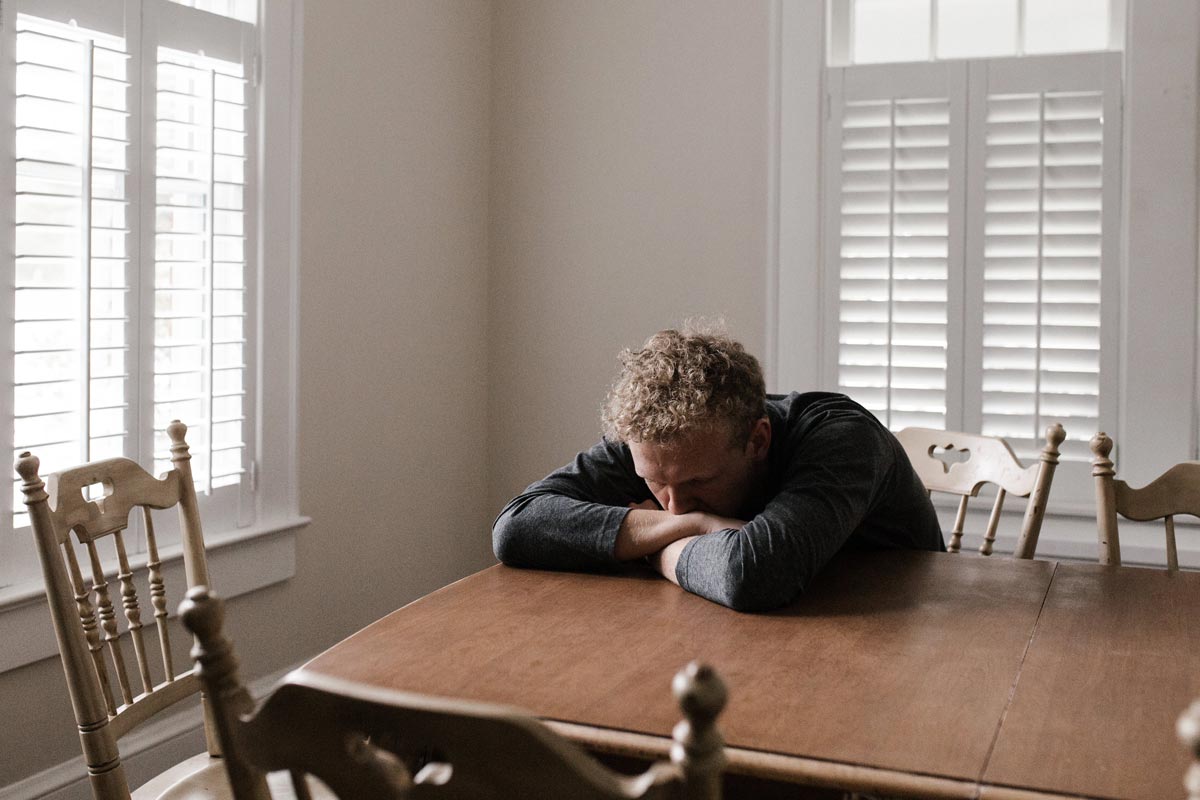
The Greatest Expense of Any Move
People move daily and think their most significant expense is the move itself From a monetary standpoint, that can be true, but another expense is often overlooked. That’s the emotional cost of any move.
Moving is one of the most significant stressors of life. This is why we suggest how to move and adjust to your new home without difficulty; little is available when you look for material on how to relocate and adapt well.
Many articles and blogs discuss the stresses of moving but not how to adjust to a new location. Not everyone is an extrovert!
Years ago, one client made a long-distance move from a coastal area to a larger city. She wanted to return to college and decided to take the physical change. Lots of thought and planning went into her move, but the one thing she overlooked was what to do when she realized that her closest friends were now in another location.
The moving van had left her former home with everything she owned. It was a long-distance move, so there was no going back. When she arrived at her new home, furniture was placed in each room, along with appropriately marked boxes. It was a planner’s dream move!
All she really had to do was unpack. This was when she realized everything she had labeled “emotionally” safe and fun was back at her previous location—300 miles away!
Decisions surrounding a move to a new city or town can bring feelings of anxiety, but this is where you need a reality check!
Take time to recall why you felt motivated to move and what excited you when you began to plan for it. This was an excellent decision for this client’s future but she never considered how it would feel to be in a new location and start over with relationships.
In Psychology Today, author Cathy Goodwin, Ph.D., says, “Often the biggest expense (in relocating) isn’t the moving van. It’s discovering you don’t fit with your new home.”
Goodwin doesn’t suggest turning around and moving back as an answer, but she does say, “To avoid this mistake, take proactive steps to build your own life and make your friendships when you move. Everyone helps you get settled in the first few weeks. After that, you are on your own.”
That’s a powerful reality, but it’s true. When you get ready to relocate to another city or neighborhood, use that upfront time to plan for your move and also think about the emotional and mental costs involved.
Even those who are in their 30s can feel displaced and lonely. In fact, retired people often adjust quickly because so many choose to move to areas where other retirees live and continue to work and play. They have something in common and blend right into their new environment.
Most moves are made for specific purposes. In the story above, the motivating factor was to return to college.
Older adults tend to move to be closer to loved ones. Up and coming mobile employees may move to broaden their knowledge base and increase future career opportunities. Lots of moves come because of a work transfer or a decision to be closer to friends. Regardless, you can do yourself a huge favor by talking with a friend or counselor about your upcoming move.
Be sure to plan your move.
Make a plan and let it be a springboard to setting healthy goals for new relationships. Ask:
“How will this move benefit me and my family? Will it lead to a lifestyle that I can sustain? How will I connect with others—through social engagements or church or community groups?”
Life becomes real very quickly when you make a move to a new location.
Here are some things you can do emotionally to help your move.
Take time to settle into your new home. Don’t worry about “feeling” out of place. Everyone begins again. Some do this better than others. Lots of people feel concerned that they have made a wrong decision. That’s not true! Stay focused on why you chose to move and give it a solid chance.
Look for exciting things to enjoy about your new location. City squares, shopping, places to eat, along with community events. Listen to co-workers and others you meet. They know where the best places are to eat, shop, and relax.
Look for the things that make your new location unique. As you settle into your new home, think of the things you would miss if you were not there. Something as simple as an afternoon walk in a city park can lift your spirits. Set a few goals to visit and discover new places to enjoy.
Go slow and unpack at your own pace. Give yourself grace. It’s okay if you don’t unpack all your boxes in a couple of days, a week, or even a month. Some take one box at a time. Clients often say that as they unpack, they feel like they are unwrapping gifts they have never seen before. This means all things, even things you have collected for a lifetime, truly can become new if you take time to enjoy your journey.
Build a new support system. This may be the last point on the list, but it is important! After your moving truck pulls away from your driveway, that’s when the work begins. Unpacking boxes is one thing, but unpacking your new life is another consideration. The people you left when you moved will likely not be at your side! Many will visit but life goes on. So this means making new friends and building new relationships.
Photo by Andrew Neel on Pexels







